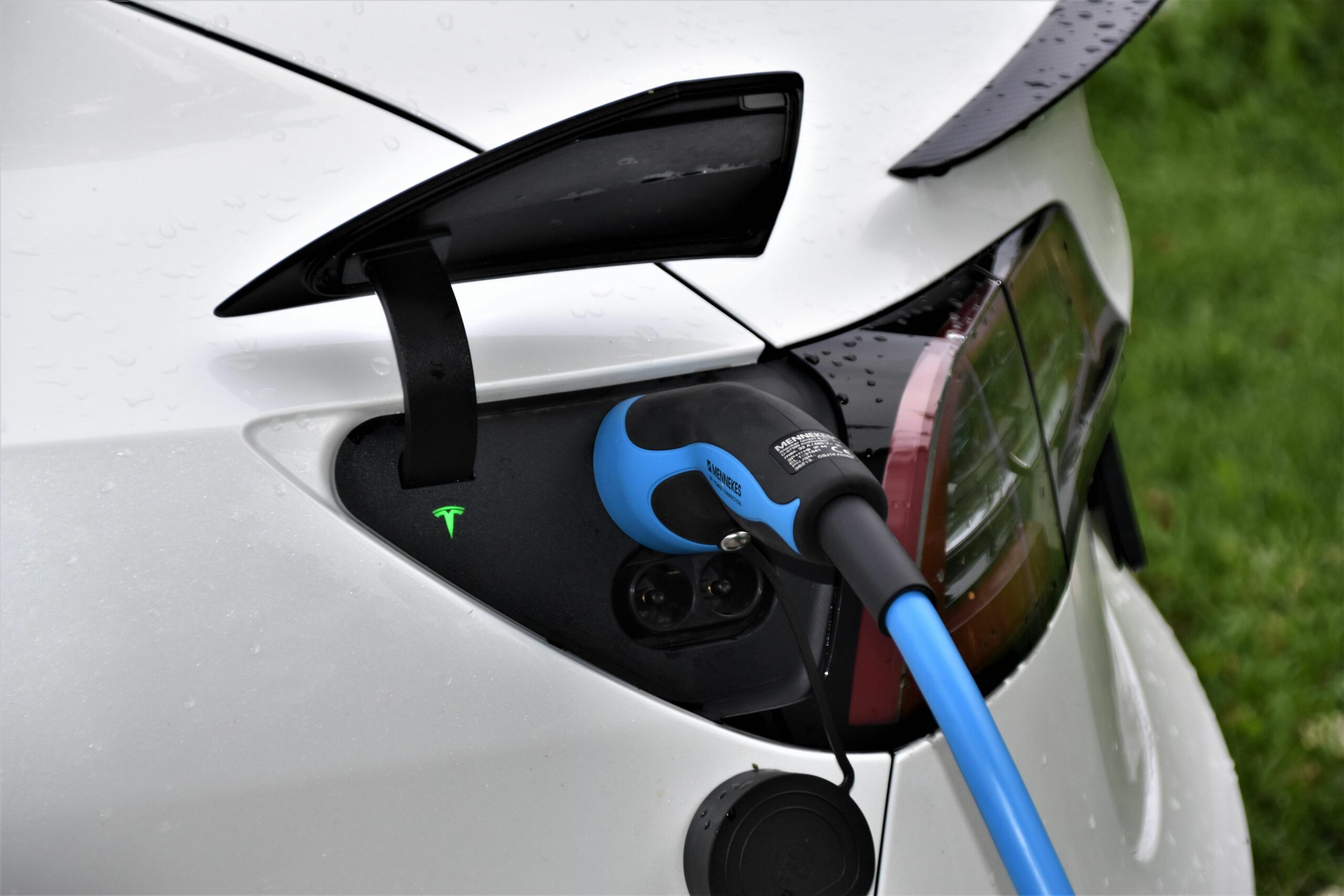
News
Asia LEDS Partnership Supports Integrated Approaches to GHG

U.S.-ASEAN Workshop: Integrated Approaches to Scaling Up Electric Mobility
As ASEAN countries strive to meet their nationally determined contributions (NDCs), the transportation sector emerges as a significant contributor to greenhouse gas emissions. Many ASEAN nations are actively transitioning towards electric vehicles (EVs) for cars, buses, trains, and other modes of transportation to mitigate transportation sector emissions and enhance energy security. Despite the promising potential of EVs, barriers such as inadequate charging infrastructure, reliance on fossil fuels, and lack of incentives hinder widespread adoption across the region. Collaboration among ASEAN members and government ministries are crucial to expedite the adoption of EVs, address these challenges effectively, and reduce GHG emissions to meet NDC goals.
In September, GCAP’s Asia LEDS Partnership held a workshop in Bangkok, Thailand, to provide participants with skills needed to address the challenges associated with the deployment of e-mobility. In partnership with the U.S. Agency for International Development (USAID) Smart Power Project, the U.S. Department of Transportation, the ASEAN Land Transport Working Group, and the ASEAN Centre for Energy, the workshop convened leading experts from governments, global NGOs, and leading private sector stakeholders for 3.5 days of training, capacity building, and determining next steps for e-mobility scale up.
Read the joint summary report to learn more about the impacts of the workshop!
